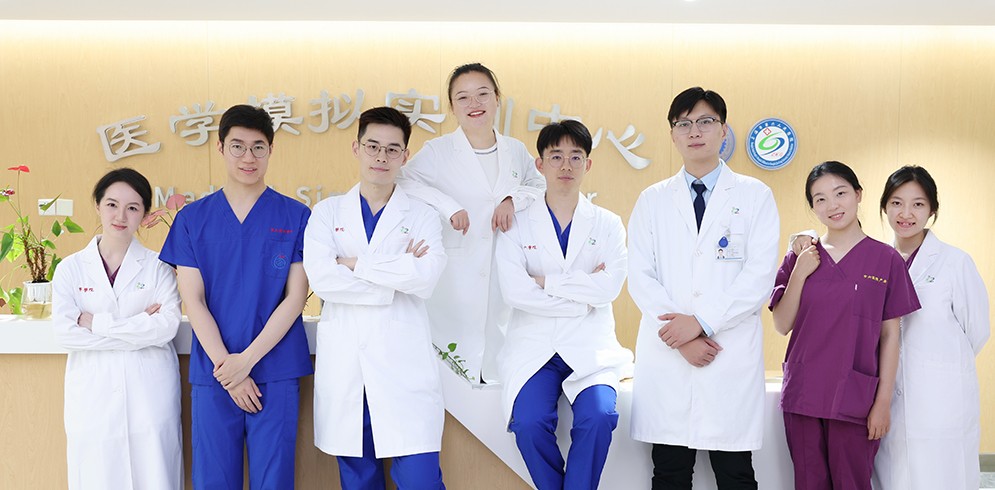Search

On May 22, 2024, the second “Tracing Roots, Exploring Special Cases” clinical case discussion was held successfully at our hospital. Organized by the Department of Neurology, the event aimed to improve teaching standards, spark practical learning among residents, and innovate the clinical teaching model. More than 200 teachers and students participated in the session, both online and in the Academic Building.

Vice President Hu Cheng opened the event with a speech highlighting the importance of case discussions in sharpening clinical skills and fostering critical thinking among resident and specialty training physicians. He described the hospital’s “resident and specialty training physicians-led, problem-oriented” teaching model as instrumental in promoting high-quality practical training and academic development.





The event was chaired by Professor Li Ping from the Clinical Medical School and moderated by Deputy Chief Physician Luan Xinghua. An Expert Discussion Group brought together leading specialists:
- Cao Li, Department of Neurology
- Tang Zhenghao, Department of Infectious Diseases
- Deng Hui, Department of Dermatology
- Ding Wanhai, Department of Neurosurgery
- Wei Xiao’er, Department of Radiology
- Zhou Jun, Department of Pathology
- Wang Hong, Office of Postgraduate Medical Education
The case discussion, titled “The Strange Interweaving of ‘Memory Lost’: Dementia Acceleration and Low Sugar Cerebrospinal Fluid,” featured a rare case of neurocutaneous melanosis—a condition with only 38 reported cases worldwide since 1990. Bai Xiaolin, a resident from the Neurology specialty base, presented the case, providing a detailed analysis of the patient’s medical history, physical examination findings, and auxiliary test results.
Attending Physician Lu Kaili led a deep dive into the case analysis, exploring diagnostic approaches, specialized examinations, and differential diagnoses. The expert panel, including Chief Physicians Wei Xiao’er and Zhou Jun, offered valuable insights into imaging and pathology aspects. Participants engaged in a step-by-step examination of the case, discussing etiology, pathology, diagnosis, treatment, and prognosis. The session also incorporated literature reviews and cutting-edge clinical research, fostering a lively academic exchange.
Director Cao Li concluded the discussion by emphasizing its role in enhancing diagnostic thinking and interdisciplinary collaboration. He praised the session for providing a platform for integrated learning and advancing critical care management skills among residents and specialty physicians.

Building on the success of this event, the hospital plans to institutionalize clinical case discussions, creating a continuous learning chain centered on disease diagnosis and treatment. By cultivating a strong academic atmosphere, the initiative aims to elevate the clinical, academic, and collaborative capabilities of resident physicians. These efforts are a cornerstone of the hospital’s strategy for high-quality development and excellence in medical education.
Latest News
- Tracing the Root, Tackling the Rare: The Fourth Session of the 2025 Clinical Case Discussion Successfully Held11-04
- Intensive Specialized SP Practicum Solidify the Foundation of Clinical Education09-20
- Tracing the Root, Tackling the Rare: Third Session of the 2025 Clinical Case Discussion Successfully Held by Clinical Medical School and Medical Affairs Office08-06
- Tracing the Root, Tackling the Rare: Second Clinical Case Discussion of 2025 Held Successfully07-10
- Tracing the Root, Tackling the Rare: First Clinical Case Discussion of 2025 Held Successfully03-19
- Enhancing Excellence in Residency Training: Specialized Capability Development for Core Faculty12-30
- Supervision Guides a New Journey, Steadfast Actions Ensure Quality Advancement12-06
- Strengthening Residency Training Through Collaboration: 11-20




